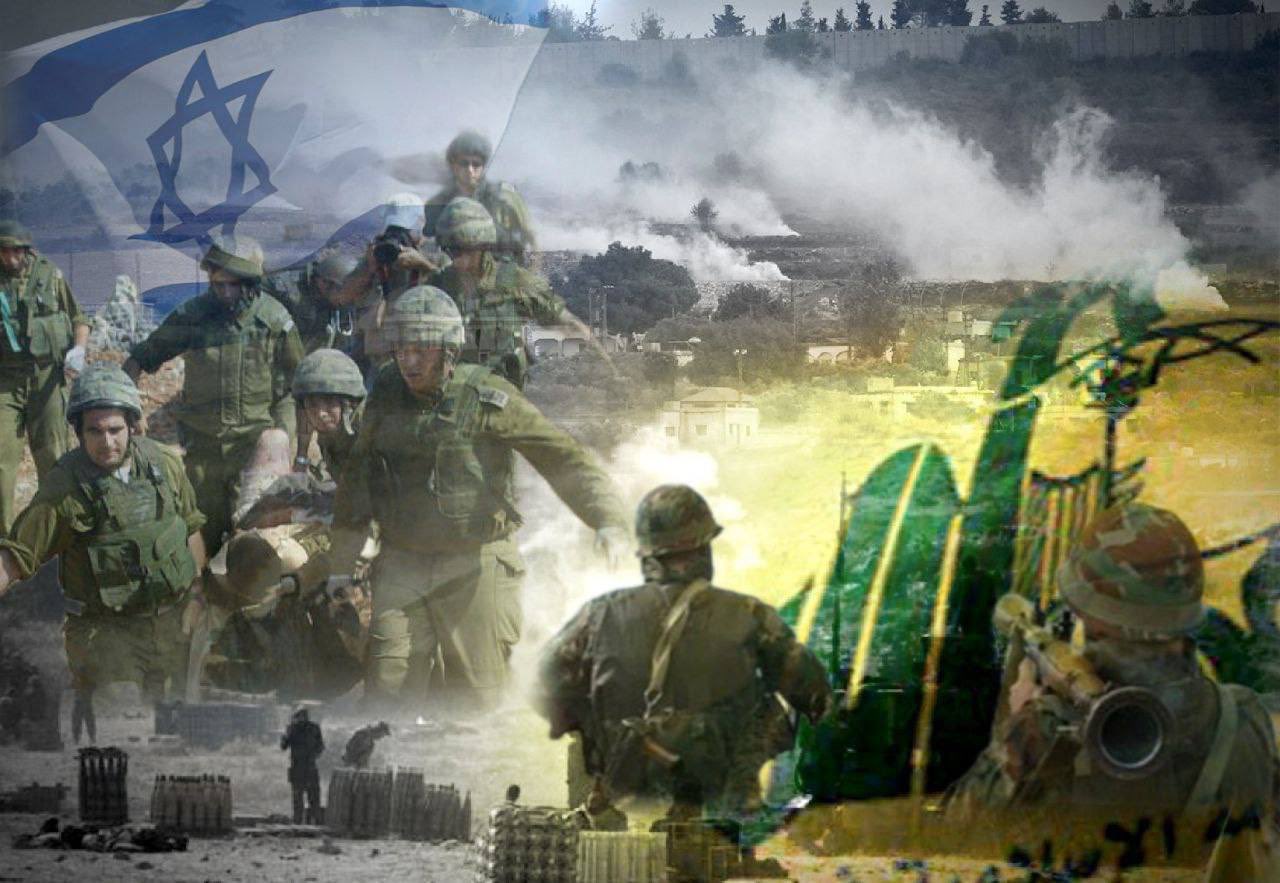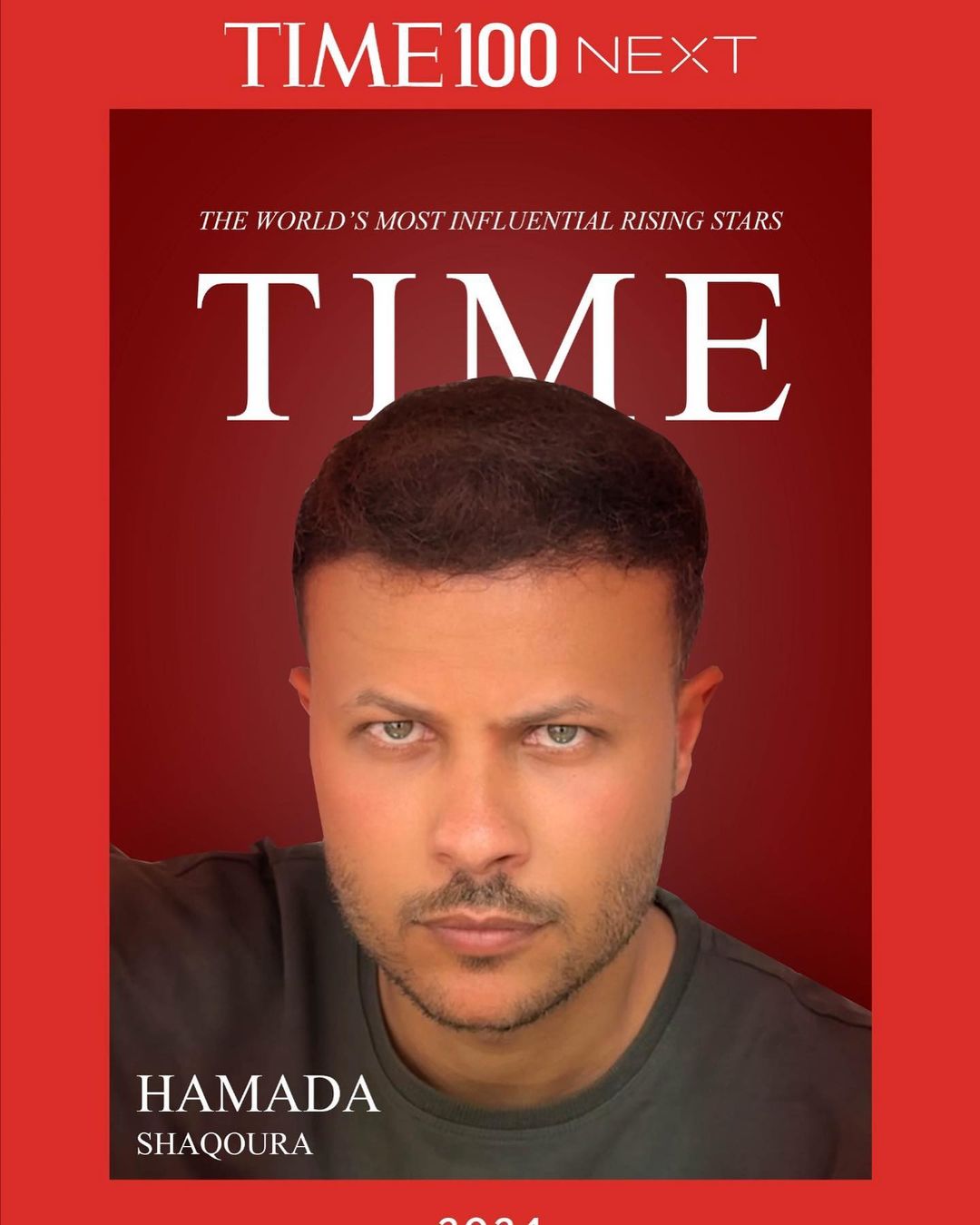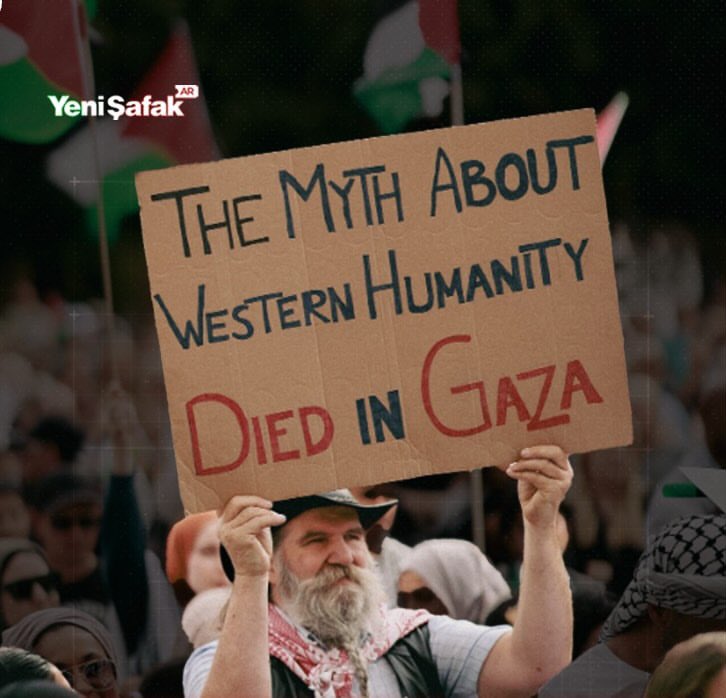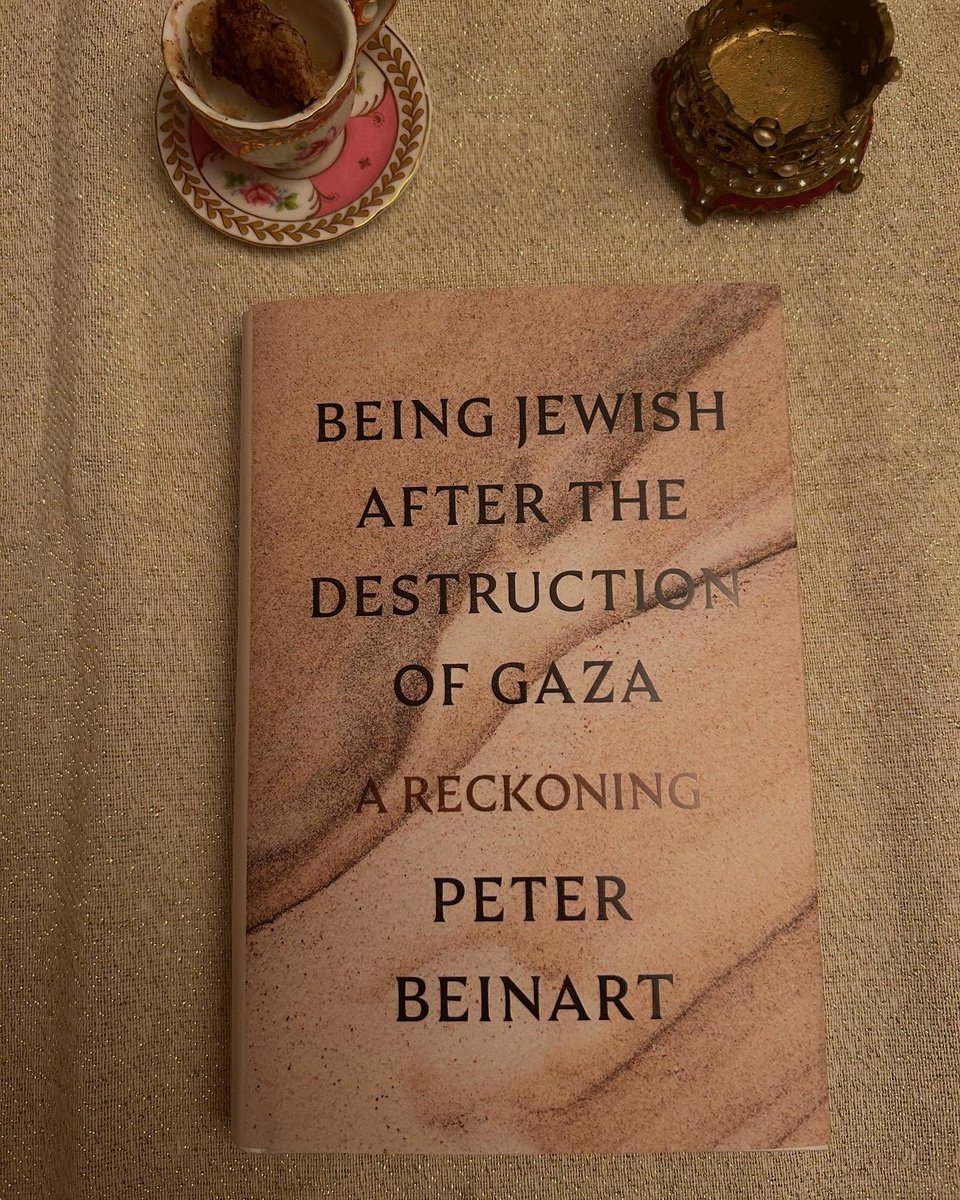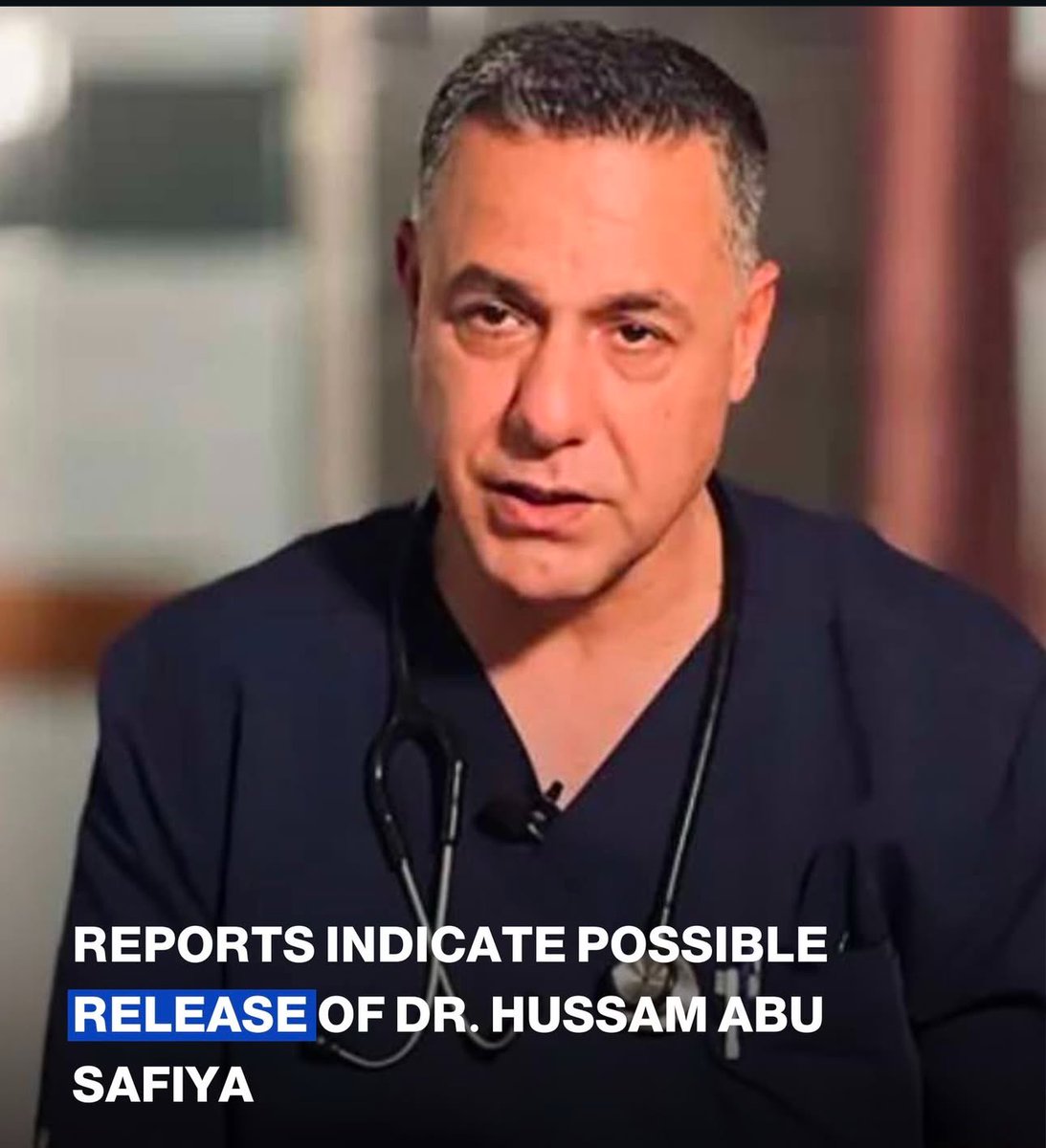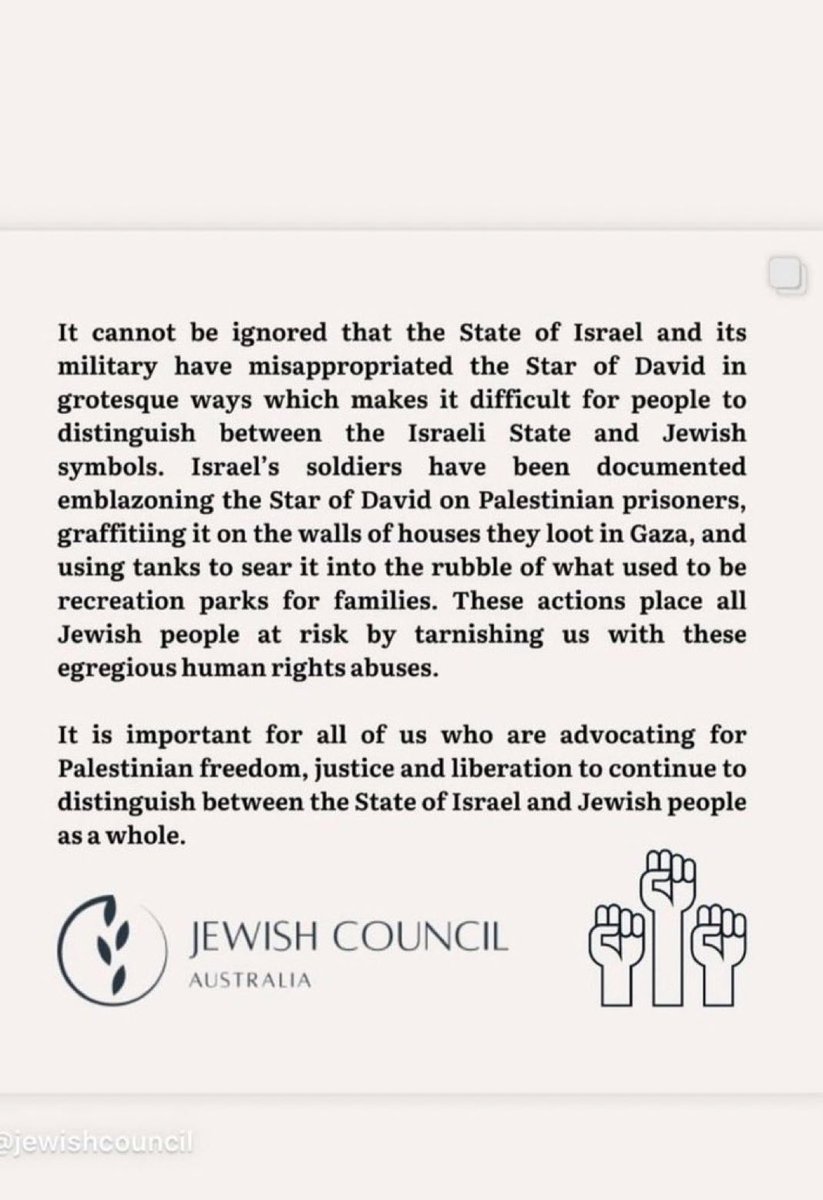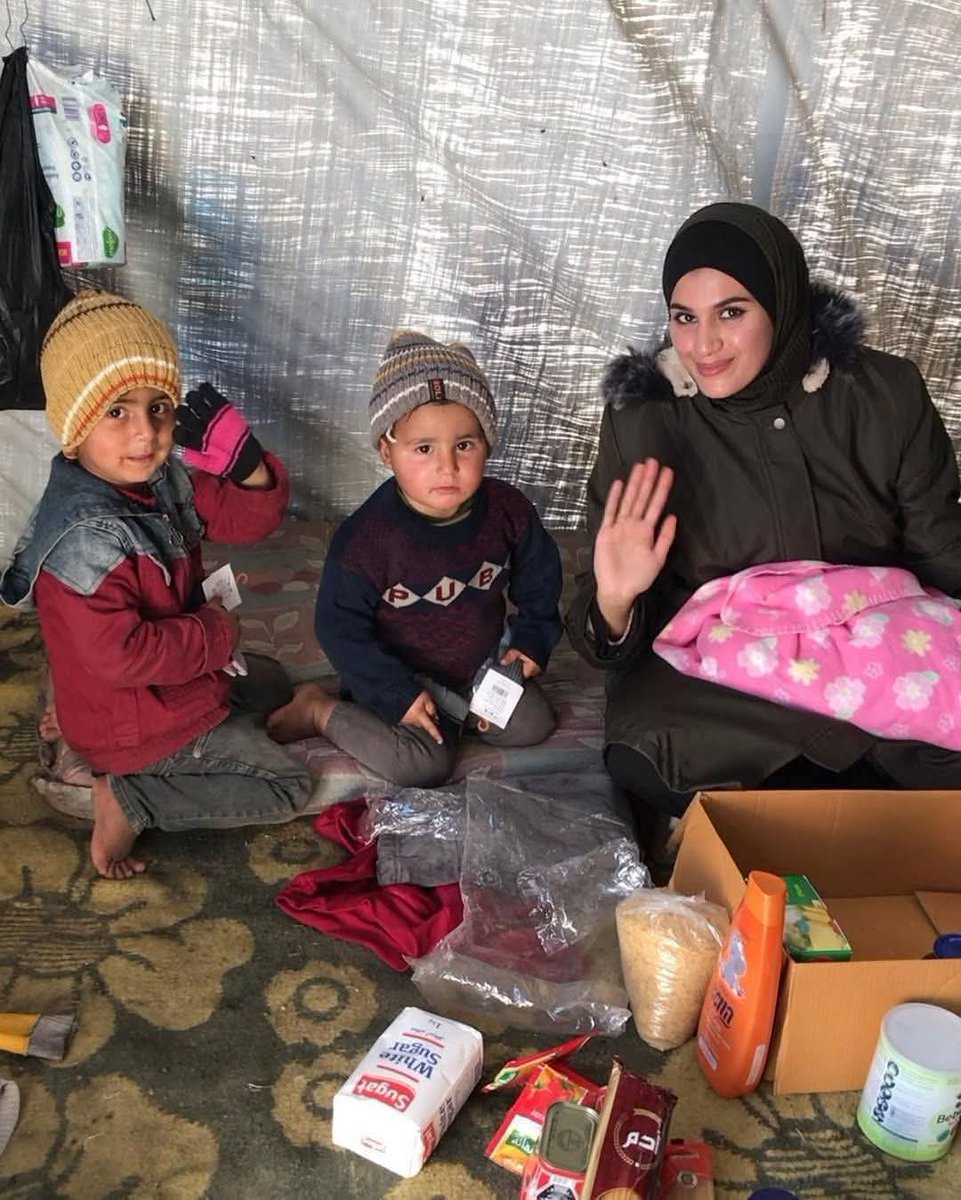Hezbollah Kills 17 Israeli Soldiers in Fierce Battles
Hezbollah announced it killed 17 Israeli officers and soldiers in battles in south Lebanon., Thursday. In contrast, the Israeli army stated an officer and a soldier were killed in battles in southern Lebanon, Wednesday, while rockets from southern Lebanon caused fires in the border town of Matla in northern Israel.
Hezbollah also announced more than once, Thursday, Israeli forces detonated explosive devices during their attempts to infiltrate southern Lebanon. Israel’s Golani Brigade detonated explosive devices while it tried to go around west of Marun al-Ras in southern Lebanon.
Israeli media reported that helicopters rushed to the areas of clashes on the border with Lebanon to transport dead soldiers, indicating it was a dangerous and unusually difficult security task.
The Israeli army admitted the death of an officer at the rank of captain in the 202nd battalion of the paratroopers brigade and a soldier in battles in southern Lebanon Wednesday, but avoided mentioning any of the deaths in today’s skirmishes.
Meanwhile, the Israeli Fire and Rescue Authority announced that a fire broke out in the town of Matla after rockets were fired from Lebanon and said that its crews were working to put it out.
The Israeli Home Front asked the residents of the northern Golan towns to stay near underground shelters and not to congregate and to reduce movement. It also asked the residents of the city of Safed to stay near the fortified areas and refrain from getting together.
As well, the settlement municipality of Nahariya, in Israel’s northwest, asked all residents to stay near the fortified places and not to go out except in cases of extreme necessity.
This comes amid a continuous escalation with the continuation of heavy Israeli raids on villages and towns in southern Lebanon and on the southern suburb of Beirut amid attempts to invade the country by land, and in the light of Hezbollah’s response to them and the firing of dozens of rockets a day towards barracks and settlements in northern Israel as reported by Al Jazeera.

